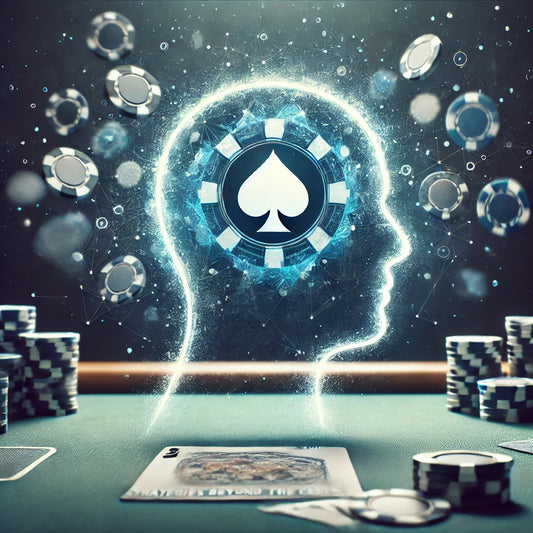Introduction:
Poker is often seen as a game of luck and skill, but beneath the surface lies a deeper element that separates the good players from the great—mindset. A solid poker mindset is essential not just for handling the ups and downs of the game but also for making clear, calculated decisions. In this blog post, we’ll dive into the psychological aspects of poker and provide actionable strategies to help you master your poker mindset.
1. Embracing Variance
Variance is an inherent part of poker. Understanding and accepting that not every session will end in profit is crucial. The key is to focus on the long-term outcomes rather than short-term results. Learn to control your emotions when variance hits and remember that it’s your decisions over time that define your success.
2. The Power of Patience
Patience is a poker player’s greatest asset. Waiting for the right moment to make a move can be the difference between winning and losing. Avoid the temptation to play every hand and instead focus on quality over quantity.
3. Developing Resilience
Resilience in poker means bouncing back from losses and staying focused on the bigger picture. It's about maintaining your confidence and discipline even when things aren’t going your way.
4. Staying Focused
Concentration is key in poker. Staying present and focused at the table helps you make better decisions and avoid costly mistakes. Minimize distractions and stay engaged with the game.
Conclusion:
Mastering the poker mindset requires more than just knowledge of the game. It’s about developing the psychological tools necessary to navigate the ups and downs of poker with clarity and confidence. By embracing variance, practicing patience, building resilience, and maintaining focus, you can elevate your game and achieve long-term success.








